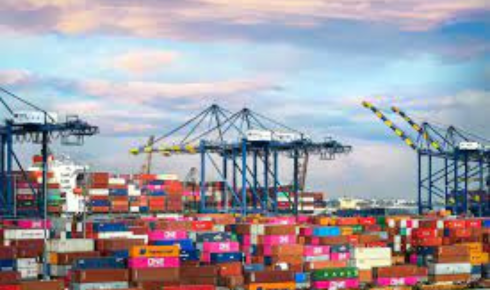A feasibility study is one of the most reliable tools for evaluating whether a project idea is practical, sustainable, and financially viable. It provides investors, entrepreneurs, and organizations with a detailed understanding of potential risks and benefits before committing resources. By analyzing technical, financial, environmental, and market aspects, a feasibility study helps ensure that a project can succeed in real-world conditions.
Why Conduct a Feasibility Study?
The main purpose of conducting this assessment is to answer a fundamental question: “Is this project worth pursuing?” Without such a study, businesses risk investing money and time into ventures that may fail due to lack of demand, financial instability, or regulatory challenges. A well-prepared study reduces uncertainty, highlights opportunities, and serves as a roadmap for future decision-making.
Carbon Credit Feasibility Study
The growing demand for sustainable business practices has given rise to the need for carbon credit evaluations. A carbon credit feasibility study determines whether projects aimed at reducing greenhouse gas emissions—such as reforestation programs, solar farms, or waste management systems—are viable.
This analysis focuses on:
- The amount of carbon offset achievable.
- Compliance with international carbon credit standards.
- Potential earnings from carbon trading markets.
- Long-term monitoring and verification requirements.
By conducting this study, organizations not only contribute to climate change mitigation but also unlock financial opportunities in the booming carbon trading sector.
USDA Feasibility Study
In the United States, agricultural ventures often require a USDA feasibility study to secure funding or grants. The United States Department of Agriculture mandates these studies for projects such as food processing plants, dairy farms, and rural cooperatives.
This type of feasibility study usually includes:
- Market research for agricultural products.
- Cost analysis for production and distribution.
- Technical viability of farming or processing methods.
- Risk assessment, including supply chain and climate conditions.
For farmers and agribusiness owners, this study is a critical step toward gaining financial backing and ensuring long-term operational success.
Hotel Feasibility Study
The hospitality industry is highly competitive, and building a hotel requires careful planning. A hotel feasibility study helps developers and investors evaluate whether a proposed project can thrive in a chosen location.
This study examines:
- Demand for accommodations in the target region.
- Tourism and business travel trends.
- Competitor pricing and service strategies.
- Financial forecasts, including return on investment (ROI).
By understanding the local market and projected revenues, investors can make informed decisions that maximize profitability and avoid costly missteps.
Infrastructure Feasibility Study
Major public and private infrastructure projects, such as bridges, airports, highways, or power plants, demand detailed evaluation before implementation. An infrastructure feasibility study examines the practicality of such large-scale developments.
Key factors include:
- Technical requirements and construction challenges.
- Environmental and social impacts.
- Economic benefits and funding models.
- Legal and political considerations.
Since infrastructure often involves significant investment and long-term impact, a comprehensive study ensures that projects are sustainable, socially acceptable, and financially beneficial.
Conclusion
From carbon credit initiatives and agricultural ventures to hotels and infrastructure, feasibility studies play an essential role in project planning and execution. Each type of study provides tailored insights that help investors, developers, and policymakers make smarter choices.
In today’s competitive and uncertain world, skipping a feasibility study is a gamble few can afford. Whether your goal is environmental sustainability, agricultural development, hospitality growth, or infrastructure expansion, investing in a detailed analysis ensures clarity, reduces risk, and sets the foundation for long-term success.
Would you like me to make this article more keyword-optimized with subheadings using exact phrases (like “Carbon Credit Feasibility Study benefits” or “Why USDA Feasibility Study matters”) so it ranks better on Google for long-tail searches?










